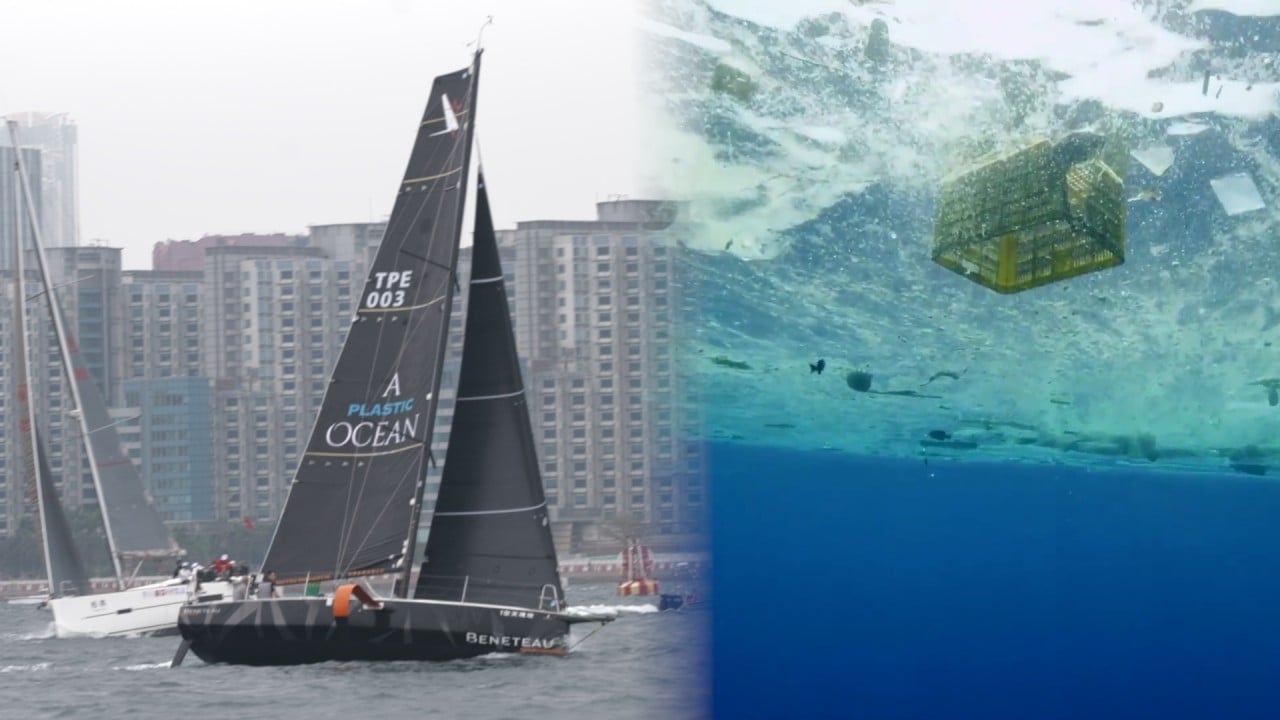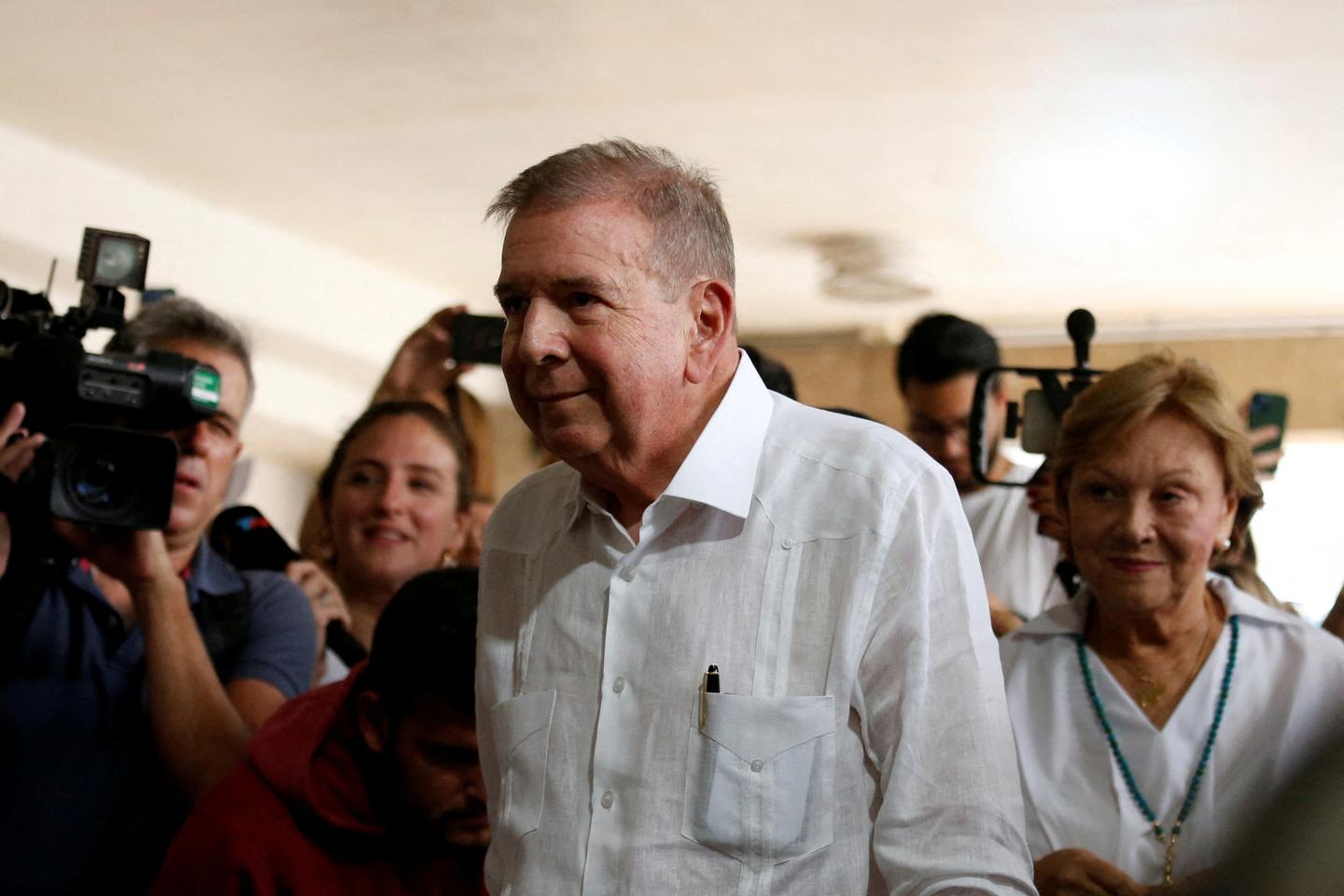Australian entrepreneur hailed for cleaning Philippines’ trash-strewn river – but will it last? – Technologist
Smith said a portion of Zero Co’s profits funds clean-up operations around waterways polluted with marine plastic waste.
Philippines’ attractions at stake amid unclear eco-tourism project rules
Philippines’ attractions at stake amid unclear eco-tourism project rules
According to the Philippines’ Department of Environment and Natural Resources (DENR), the country was the third-largest source of ocean waste worldwide, prompting Smith to roll out longer-term campaigns to revive Manila’s waterbodies.
The Southeast Asian nation discards an estimated 3.3kg of plastic waste per person into the ocean, with over 4,800 rivers emitting more than 350,000 metric tonnes of non-degradable litter.
“That was a light bulb moment, when we thought to ourselves, if we want to have the biggest possible impact on this problem, then let’s go to the source of the problem,” Smith said.
He arrived in the Philippines in 2023 and spent six weeks visiting the most polluted water systems, identifying potential sites through satellite images on Google Earth.
Smith picked Metro Manila’s rivers and tributaries for the project that scooped up garbage from the Tanza Marine Tree Park and the San Juan River, one of the longest streams running through the capital region.
He also hired Francis Chua, a Manila-based project manager, to coordinate with the DENR’s officials to deploy rangers and volunteers for the clean-up drives that largely went unnoticed before the Taguig-Pateros River initiative in late February captured the attention of Filipinos online.
A 2021 water quality report concluded that the river, which passes through the back door of prominent business districts such as Taguig’s Bonifacio Global City and Makati City, was polluted and contained traces of E coli.
Smith said the operation was Zero Co’s longest, taking 16 days to complete instead of the 10-day average.
“Thank you, Mike Smith, for showing Filipinos that it only takes passion and commitment to clean our rivers,” former agriculture secretary Manny Piñol said in a Facebook post.
Wrote another user: “This is impact. Thank you for this! It’s sad that a foreigner had to take the initiative. Where are Filipinos’ hearts at?”
Why 2 environmental groups are at loggerheads over Philippine nature reserve
Why 2 environmental groups are at loggerheads over Philippine nature reserve
An elated Smith said he received positive feedback from nearby communities and saw a surge in his online following.
“One of the things that inspires me is the conversations we have with local people who ask us what we’re doing and then tell us about the fact that the river used to be a really beautiful place.
“People used to fish there. People used to go swimming in it, and then how grateful [they] are for the work that we’re doing in conjunction with the government and other organisations,” he said.
Zero Co’s Chua refuted claims criticising the government’s supposed inaction on polluted water systems, saying that the clean-up would not have been possible without the support of local agencies.
“I want to make it clear that our government did not neglect its responsibility in the Pateros River clean-up project … It was an excellent example of a successful collaborative effort,” he wrote on Facebook.
The root of rubbish
Environmental advocates, however, remain unconvinced about the sustainability of such projects they say could spark public awareness and action, but does not go far enough.
“There should also be solutions that address the source of the problem and other parts of the system, such as enabling policies and adequate infrastructure,” Rizza Sacra-Dejucos, Asia regional coordinator of the High Seas Alliance, a network of marine NGOs, told This Week in Asia.
Sacra-Dejucos said poor waste management from domestic, industrial and agricultural sources continued to be the top contributors to marine pollution, with waste flowing to canals and to the open sea harming freshwater and aquatic life.
She added the Philippines’ passage of the Extended Producer Responsibility Act of 2022 into law would hold large businesses accountable for recovering a portion of their plastic packaging, calling it “a step in the right direction”.
Microplastics off Japan’s coast ‘5,500 times higher than in North Atlantic’
Microplastics off Japan’s coast ‘5,500 times higher than in North Atlantic’
“While [criticisms of clean-up drives as Band-Aid solutions] are valid, they do have a significant role to play in our overall strategy for addressing plastic waste,” said JK Asturias, an officer of the Development Academy of the Philippines’ Sustainable Human Development Programme.
“They are considered the last intervention point for waste before waste is lost to the sea.”
Asturias noted that clean-ups should be in conjunction with other strategies, including pollution control, waste diversion, and the reconstruction of healthy river biomes.
“Addressing [domestic, industrial, and agricultural] waste streams will be critical if we are to revitalise [our rivers], and it is up to the people to advocate and demand the government for these holistic approaches to waste management,” he said.
He added, the process also means prodding the authorities and the private sector to seriously address systemic issues of solid waste management.
Marian Ledesma, zero waste campaigner for Greenpeace Southeast Asia, said while projects like Smith’s help communities deal with existing plastic waste, government policies banning single-use plastics and enabling a just transition to reuse and refill systems were needed to achieve tangible results.
“To effectively resolve the problem, we need the global plastics treaty and national laws to implement a phasedown in plastic production,” she said.
Meanwhile, Smith said he wanted to keep away from the blame game over the “complex” issue of the systemic waste problem in the Philippines.
“I’m very mindful of the fact that I am a white man from a wealthy country, and I don’t want to come and tell people how to do things,” he said.
“It’s not about blaming or shaming anyone. It’s just about being there, trying to help educate people about the problem and being part of the solution.”



